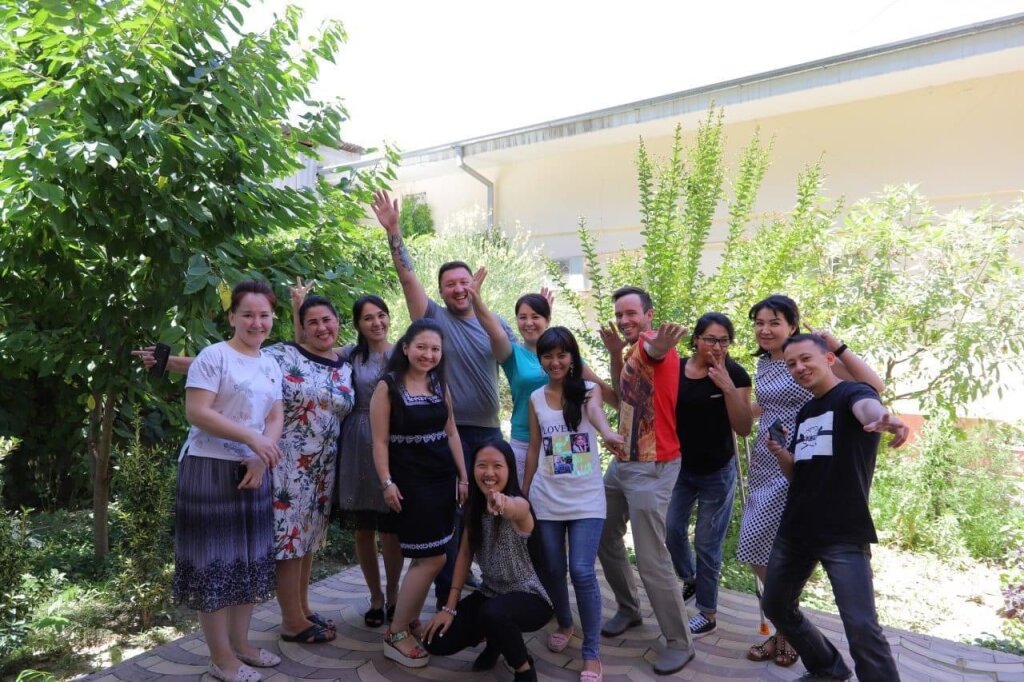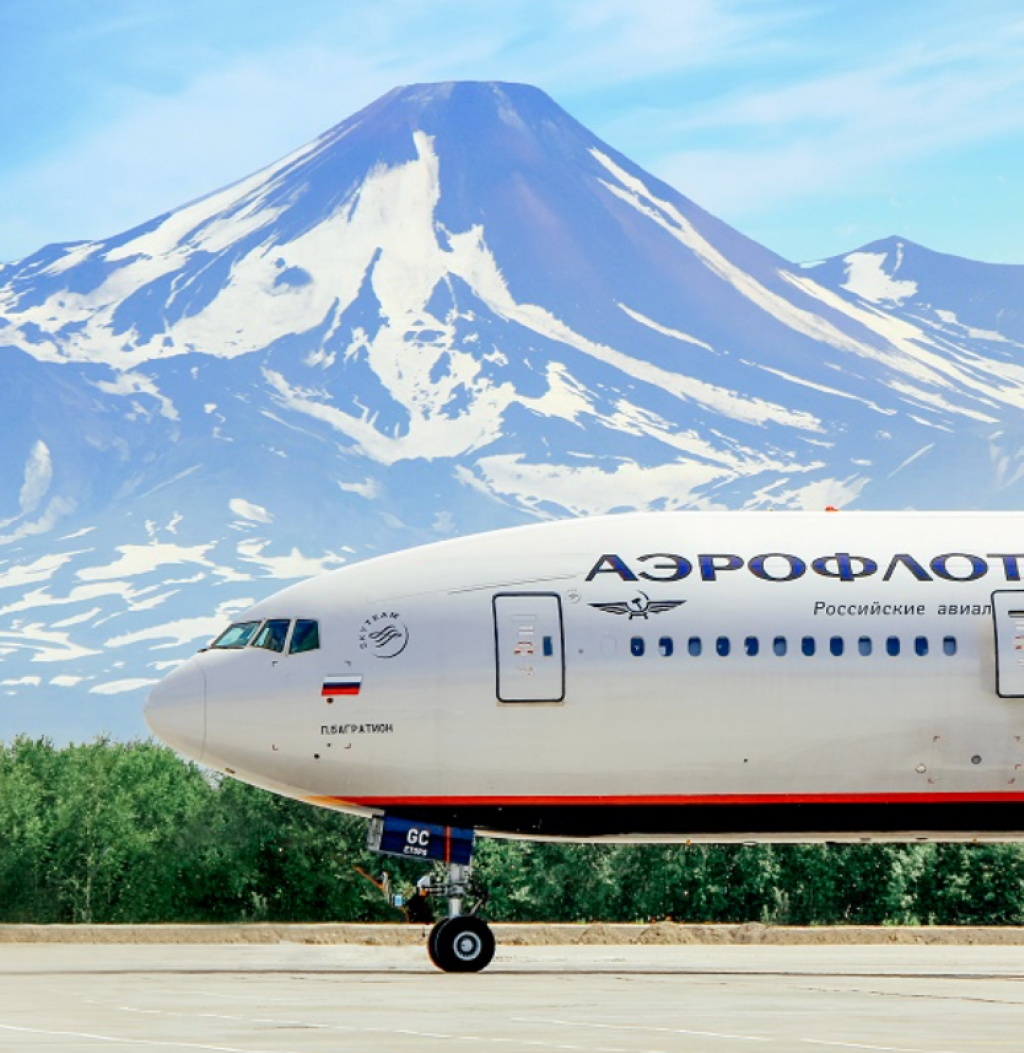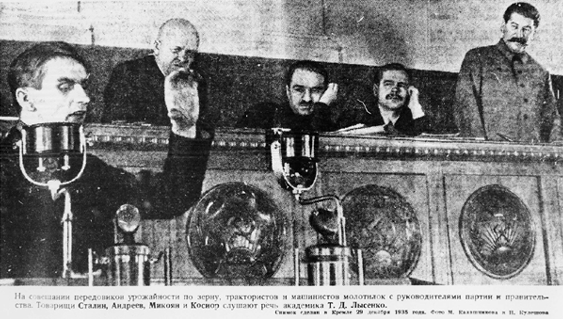Above: With the Istiqbolli Avlod staff members who took my English class and made this opportunity possible.
Paula Zhang is an NYU alumna and former Fulbright English Teaching Assistant.
This article describes my approach to girls’ empowerment during my Fulbright English Teaching Assistant year in Tashkent, Uzbekistan, focusing on my activities and lessons learned for future projects. Western methods for encouraging girls’ empowerment and gender equality in Central Asia often lack a willingness to not only acknowledge, but also to work within historical, cultural, and political contexts. This shortcoming often renders short-term gains unsustainable and results in high turnover, meaning that empowerment efforts are typically led by a lineup of constantly-changing Western faces. Yet the success of these projects requires leadership alongside or exclusively by local experts capable of providing institutional memory, credibility, and an understanding of cultural contexts.
I. Process
Before I could come up with a plan of action, I examined the situation on the ground. Through conversations with my female students at the Tashkent State University of Law and women with both career and family responsibilities, I gathered that women's main complaints related to traditional gender roles, discontinued education/career after marriage, and an oftentimes abusive mother-in-law/kelin [bride] relationship. I also observed personally, and heard about through word-of-mouth, the sale of internet brides across borders and domestic violence.
My next task was to question myself and my intentions. Inquiries included, “How can I offer my skills in a culturally sensitive way?” (I decided that classes on relatively benign topics were the path I wanted to pursue.) “What am I actually qualified to do?” (It would have to be something with teaching, since that was my job in Uzbekistan, and I didn’t have the language skills to take on translation, mediation, etc.) “What are local people saying they’d like from me?” (My studentki insisted on a girls’ club.) “Does this take a paying job away from a local person?” (My conclusion was no.)
Finally, it was time to come up with a plan! A fellow Fulbright ETA and I started a Girls’ Club open to any gender at the US Embassy’s American Window, conducting bimonthly lessons on soft skills such as SMART goal setting, decision-making, and debating. We also analyzed feminist literature, made bullet journals, and exercised the ability to “take up space” without shame. In addition, I gave bimonthly basic English classes to both staff and students at a local NGO called Istiqbolli Avlod [Bright Future]. The organization mainly runs hotlines for victims of human trafficking and organizes educational activities about domestic violence, but they also provide cooking, sewing, and computer skills classes to at-risk high school girls from Tashkent's poorer neighborhoods.
The Fulbright ETA who led Girls’ Club with me helped me develop lesson plans based on UN guidelines for girls’ empowerment, which provided inspiration for creative activities while anchoring the club around a cohesive set of themes. The lesson plans sought to respect Ubzek historical, social, and political contexts. Our efforts to remain sensitive to local needs involved working to understand our students' fears of losing traditional ways of life (Uzbekistan had historically been part of both the Russian Empire and Soviet Union, so keeping cultural values intact was a particularly sensitive topic); giving voice to societal opinions different from those common in the West (many participants did believe it was a woman's duty to cook and clean, while also wanting to pursue a fulfilling career at the same time); and avoiding insulting the government (a potential crime in Uzbekistan, and generally frowned upon in a region of the world that de-emphasizes free speech and political dissent).
As foreigners, we are never in a position to charge into a sovereign country with its thousand-year-old history and cultural values, claiming we know what’s right for them. Instead, we must consider how we can merely present options to willing recipients. Our goal was to make both Girls’ Club and our English classes safe spaces for people of any gender to express their opinions, have fun, and dream.
A year later, I can reflect on the results of both projects. At Istiqbolli Avlod, about 15 girls and 10 staff members learned basic English, focusing mostly on everyday conversation. In Girls’ Club, around 30 total participants worked on soft skills, and people still reach out to me with updates about how they’ve used and shared the information, as well as goals they’re currently pursuing. The club has now expanded to 80 participants under the leadership of our successors, an American English Language Fellow and an Uzbek-American Window patron, and now includes topics such as mental and physical well-being, plus activities like TED talks. Not only has Girls’ Club been sustainable, it’s grown in membership and scope. Thanks to the institutional memory of the Uzbek leader and regular attendees, it’s a club that can continue even as the American leader changes each year.
II. Lessons Learned
One of my most important takeaways from this experience was that any action outsiders take within a community must include, at minimum, consultation with members of that community. I’m grateful for those who provided me valuable insights on Uzbekistan and trusted me with both their pain and their strength.
However, the sample I spoke to was self-selecting. Most women who gain admission to the most prestigious university in Uzbekistan or pursue a career in the capital city are inherently more suspicious of traditional gender roles and the status quo. In addition, they tend to have more resources than other people in the country, as well as higher levels of English and therefore greater access to Western media. Many of the women and girls I ended up working with were from regions outside Tashkent or from less affluent parts of the city, a complete shift in mentality and needs than my students and colleagues. I would recommend that anyone planning to conduct similar activities, whether on a Fulbright grant or Peace Corps posting, take the extra time to reach out to a greater cross-section of society. Personally, going forward, I will make sure to have a solid grasp of local language(s) before embarking on a project of this type in future, so I can meet interlocutors at the level of their nuanced thoughts and cultural norms.
Before intervening to improve female empowerment within a non-Western community, it's important to ask questions that hold all actors accountable and put local exigencies over private considerations of resumé-building, prestige, or recognition. In more complex projects involving grants and donations, this careful interrogation of means and methods enables us to catch inefficiencies and other problems before they occur.
Many of those I worked with in Uzbekistan had vastly different backgrounds from my university students; indeed, at the law university, my job was to teach high-level English to future lawyers and diplomats who already spoke excellent English. I quickly realized that I was not qualified to teach English from scratch to at-risk high school girls, especially given my lack of experience with at-risk groups even in the US, my home country. In future, I will weigh the pros and cons of giving groups mere exposure without meaningful learning, or spending my time on something less interactive but better fitted to my skill set and experiences.
Unfortunately, classes at Istiqbolli Avlod did not continue after my departure, so I should have allocated time to advocate for and find a successor to my role. It would also have been beneficial to spend time simply shadowing my colleagues at the organization to get a sense of community needs and day-to-day operations instead of jumping straight to action.
Any volunteering and aid work by Western nations must be constructively criticized in order to yield results that are sustainable and sensitive to local conditions. All shortcomings in projects initiated during my time in Tashkent are my own, and I hope that my findings can help strengthen future projects in these spheres.







